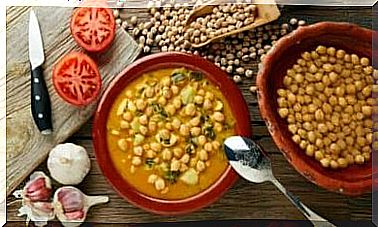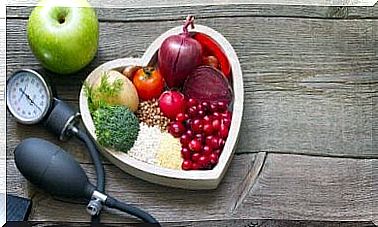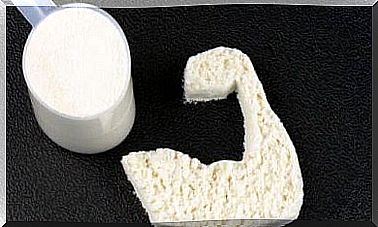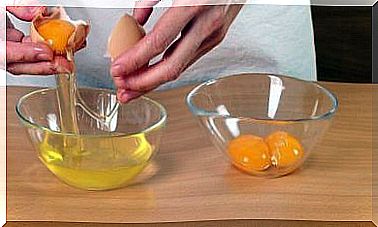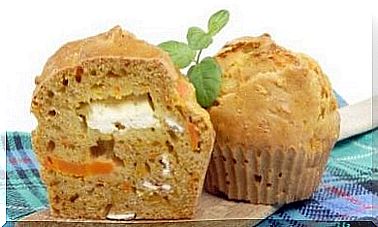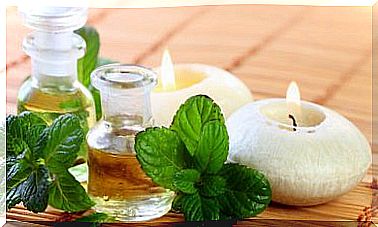3 Complementary Remedies To Treat Hypothyroidism

According to some beliefs, there are medications that help to treat hypothyroidism. They are natural foods that can be consumed in various ways – but always with prior authorization from the doctor and in moderation – within a healthy lifestyle.
While it is true that there is still a lot to be investigated in relation to their composition, properties and possible contributions to health, there are those who have already been encouraged to include them in their diet. All with the aim of improving your quality of life and maintaining your well-being.
What is hypothyroidism?
The thyroid gland is essential for health as it produces the hormones that regulate metabolism. Furthermore, it intervenes in numerous functions of the body. Therefore, the symptoms of hypothyroidism affect different parts of the body.
Hypothyroidism appears when the thyroid is underactive and therefore does not produce enough hormones. To diagnose this problem, the doctor orders blood tests to check the levels of thyroxine (T4) and thyrotropin (TSH).
However, there are different opinions regarding the range that is considered pathological. Also, in some cases, certain altered levels may return to normal after a while.
Treatment
Therefore, the doctor will always base itself on the blood tests and also on the symptoms that the patient is presenting. From then on, if he deems it appropriate, he will prescribe medication that contains thyroid hormone to balance his deficit.
In addition to always following medical advice and pertinent follow-up, some advice can be very useful as a complement to pharmacological treatment. They can also be considered good preventive measures if you have a predisposition to the disease.
Complementary Remedies for Hypothyroidism
Below we share some remedies for hypothyroidism that can help supplement your diet and improve your quality of life. Remember that, before starting to consume them, it is recommended to consult your doctor.
1. The daily dose of selenium
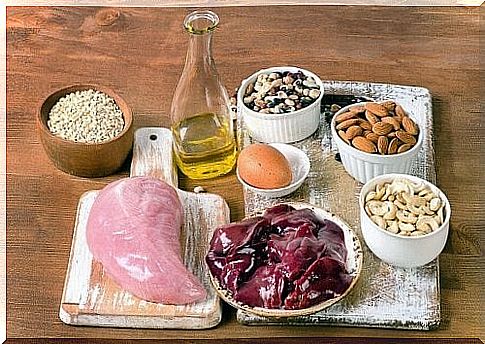
In adults, selenium mainly accumulates in the thyroid. This gland requires selenium for hormone metabolism and also for its great antioxidant power.
From a proven scientific point of view, this mineral is associated, in the case of autoimmune hypothyroidism (Hashimoto’s disease) with:
- Reduction in antibody levels.
- Thyroid improvement at ultrasound level.
- Better quality of life for the patient.
- Delay in ocular deterioration in the case of orbitopathy.
The same study suggests taking organic selenium. However, it is not good to consume this supplement without the supervision of a professional, as its excess is also dangerous for your health.
Therefore, we offer an alternative: Brazil nuts. You should only consume two a day to ensure the amount of selenium your body needs, without any risk to your health.
2. Litter supplement
Maca is a root of Peruvian origin that is consumed as food. However, its consumption in powder has also spread as a supplement all over the world, thanks to its energetic properties and as a hormonal regulator.
Yellow maca, in particular, has been shown to be very effective in thyroid disorders and during menopause. In addition, this root will provide energy to fight tiredness, a frequent symptom of hypothyroidism.
3. Beware of iodine blockers
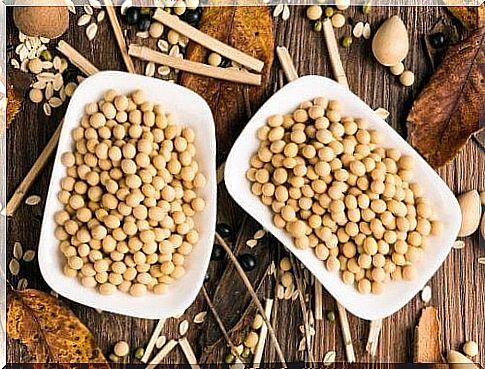
To supplement hypothyroidism drugs, we shouldn’t just provide these nutrients. It is also good to take into account those foods that are harmful and that may be present in the daily diet.
There are some foods that do not harm healthy people, however, they can be harmful for those who have an underactive thyroid. They contain substances called goitrogens that inhibit the absorption of iodine, essential for good thyroid health.
Which are they?
- The millet.
- The mustard.
- The spinach.
- Flax seeds.
- Cassava and sweet potatoes.
- Some fruits: strawberry, pear, peach.
- Soybeans and their derivatives (tofu, soy sauce, tempeh, lecithin, etc.).
- Crucifers: broccoli, cauliflower, cabbage, kale, radish and turnip.
- Oilseeds such as pine nuts, almonds and peanuts.
In conclusion, with these remedies for hypothyroidism, it is possible to enhance the treatment and notice an improvement in daily life. With small dietary changes, we will help improve thyroid function.
